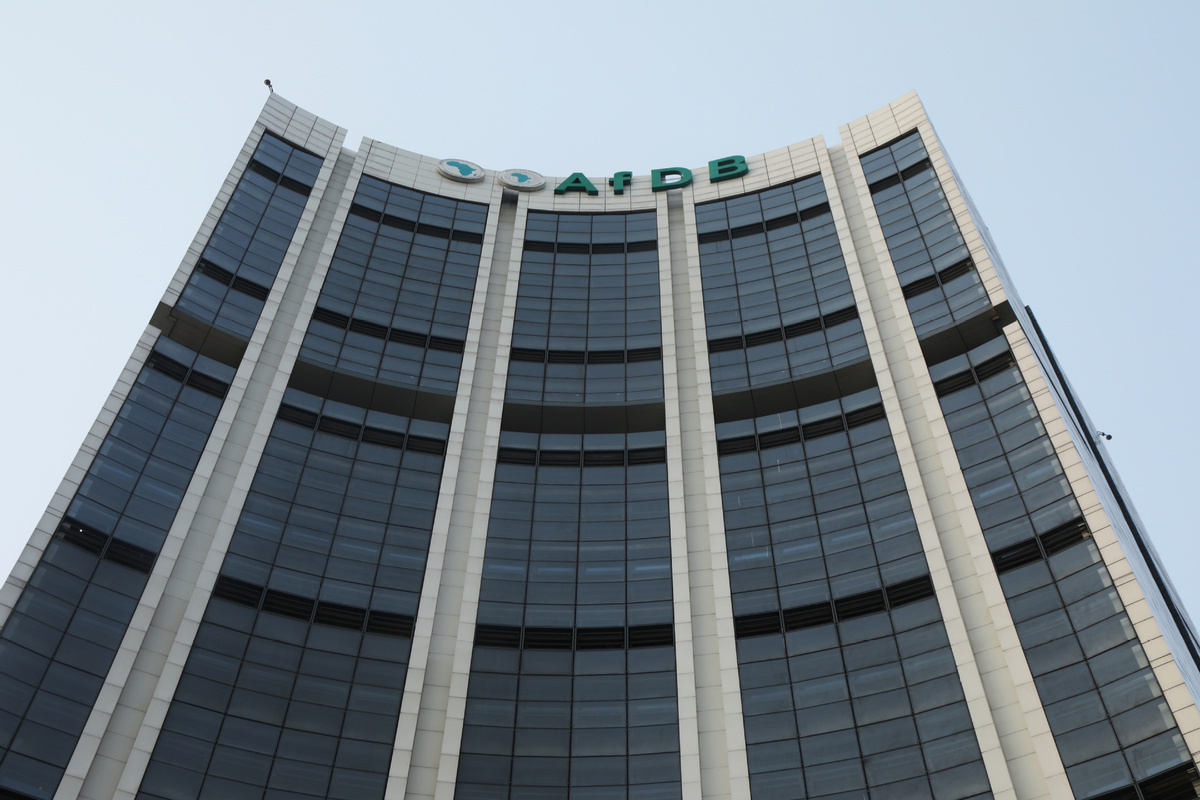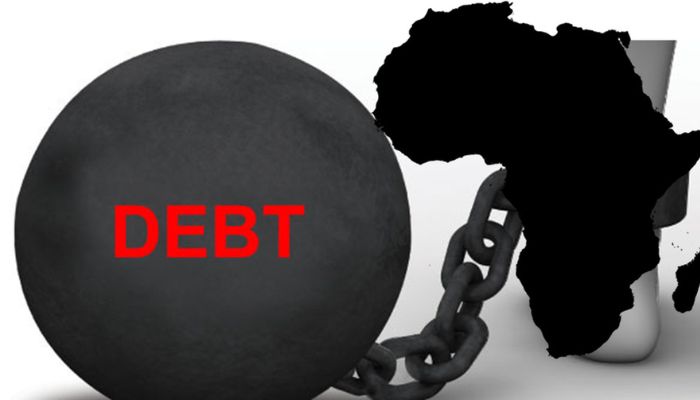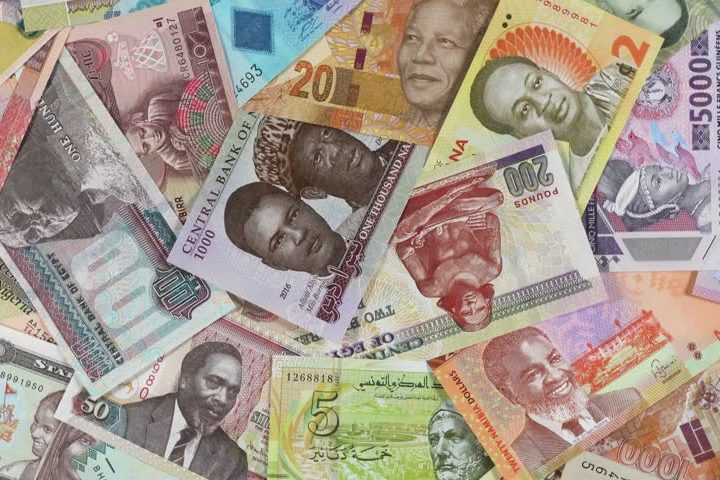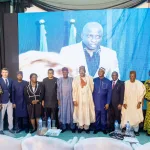There are concerns over the potentiality of Africa losing 12 per cent of its Gross Domestic Product (GDP) by the year 2100 unless it mobilizes special and robust private financing to support Climate and Green growth on the continent.
The African Development Bank, AfDB, hinted this much in a curtain raiser messaging for the media ahead of its Thursday April 20, 2023 Press briefing to herald the Annual Meetings scheduled for Sharm El Sheikh from May 22 to 26, with the theme, “Mobilizing Private Sector Financing for Climate and Green Growth in Africa.”
Join our WhatsApp ChannelThe press conference will feature Prof. Vincent Nmehielle, Secretary-General of the Bank Group, Dr. Kevin Kariuki, Vice President for Power, Energy, Climate and Green Growth, Dr. Solomon Quaynor, Vice President for Private Sector, Infrastructure and Industrialization, Pr. Kevin Urama, Chief Economist and Vice President for Governance and Knowledge Management, and other vice presidents.
According to the AfDB, the 2023 Annual Meetings provides a framework for Bank Group Governors to share their experiences with “galvanizing private financing domestically and internationally and harnessing natural capital to bridge the climate financing gap and promote the transition to green growth in Africa.”
READ: AfDB, EU, France Invest $300 million In Tanzania’s Hydropower Project
It argues that, given the current trends in climate finance flows, the continent faces an annual shortfall that could exceed $127.2 billion by 2030. “Africa could lose as much as 12% of GDP by 2100 while, in comparison, projected losses for the United States and other industrialized countries represent less than 1% of GDP,” the Bank said in its Press Conference registration portal for the Annual Meetings.
“The Annual Meetings of the African Development Bank Group comprise statutory meetings of its Governors (finance ministers or central bank governors representing the 81 member countries) and knowledge events,” it said.
Attendees will include Heads of states, representatives of bilateral and multilateral development agencies, leading academics and non-governmental organizations, civil society, and the private sector.



















Follow Us